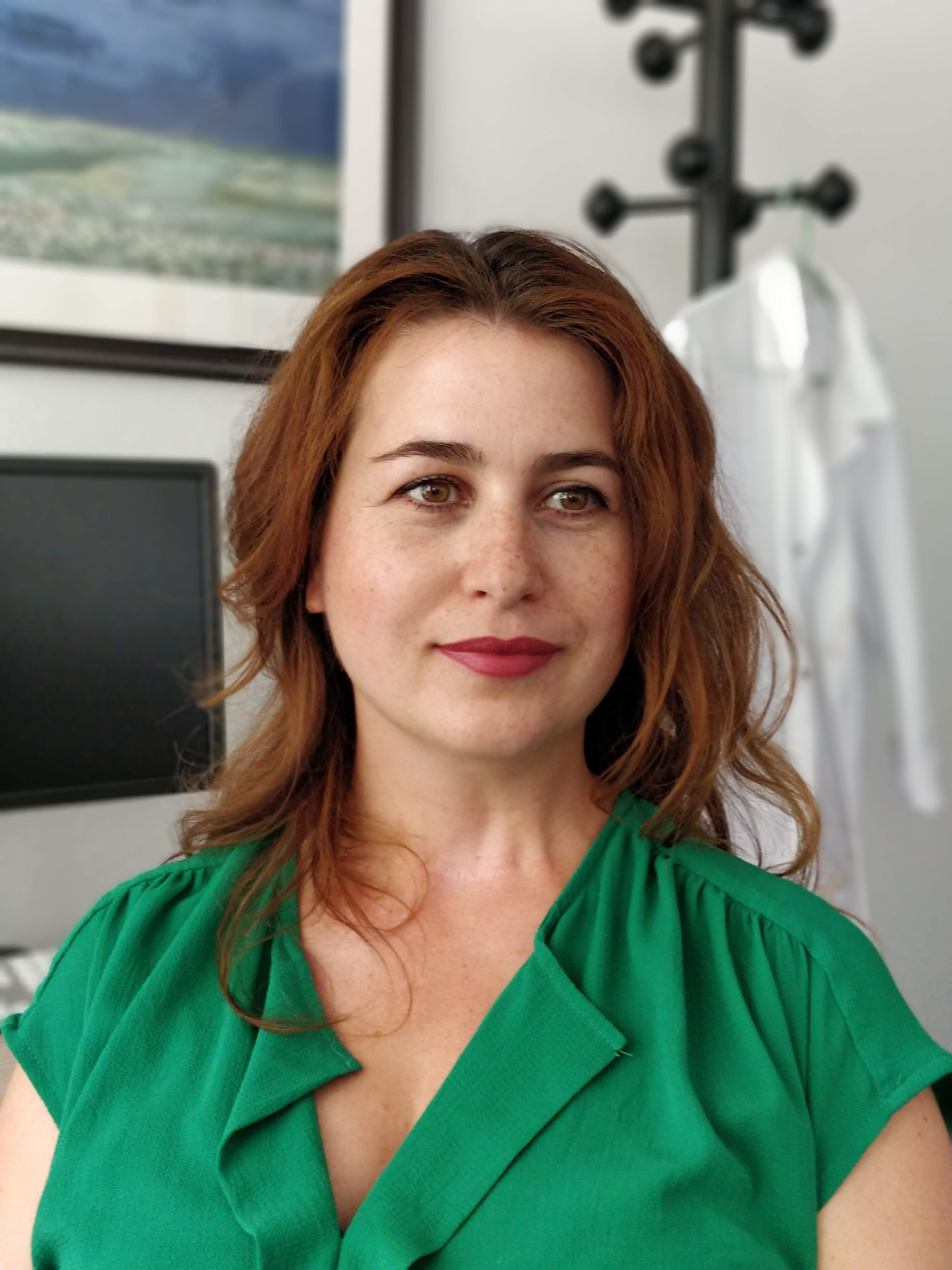You are here : Home
Publié le January 23, 2019 - Mis à jour le January 23, 2023
Coordonnées
Téléphone
+33470022027, +33473405123
Email
Lydia.MAIGNE@uca.fr
Laboratoire de Physique de Clermont
UMR 6533 CNRS/IN2P3 - Université Clermont Auvergne
Campus Universitaire des Cézeaux
4, avenue Blaise Pascal
TSA 60026
CS 60026
63178 - Aubière Cedex
FRANCE
Thèmes de recherche
Lydia Maigne is associate professor at University Clermont Auvergne (UCA, http://see.lpc.uca.fr) since 2007. She is a team leader in modeling and simulations in medical and particle physics at Health, Environment and Energy Department of the Physics Laboratory of Clermont (CNRS-IN2P3). She obtained a PhD in particle physics in 2005, she has been qualified as medical physicist in 2007.
Dr. Lydia Maigne has developed an expertise in the fields of e-science through the development of applications and services relevant to imaging and healthcare in grid and cloud environments. Active member in European grid projects (DataGrid, EGEE II and III and EGI), in 2011, she received a grant from the French National Research Agency for the deployment of a distributed infrastructure for epidemiology studies and medical data transfers related to breast and colon cancers.
Involved in the OpenGATE collaboration (www.opengatecollaboration.org) since the beginning of her PhD in 2003; she is participating to the development and validation of multi-scale simulations using the open source GATE platform based on the Geant4 toolkit in the field of radiation therapy physics and imaging. She became a member of the steering committee in 2008 and has been elected as the new spokesperson of the collaboration in 2018. She has been awarded twice in 2009 and 2015, with the other collaboration members, for their two collaboration papers that have received the largest number of citations in the preceding five years in the Physics in Medicine and Biology journal.
She started her research career in validating Geant4 charged particle processes in external radiation therapy and brachytherapy. In 2011 and 2013, she received two grants from the French Cancer Research National Program to improve dosimetry simulations associated to innovative radiopharmaceuticals in internal radiation therapy before studying the potentializing effect of gadolinium nanoparticles for particularly high resistant cancer cells. To that purpose, she got involved with biologists, chemists and computer scientists into the developments of programs to tackle how energy depositions are allocated to biological endpoints (cells, DNA) when using clinical and low-energy radiation beams. To that purpose, her group developed the PDB4DNA (http://pdb4dna.in2p3.fr) and CPOP (http://cpop.in2p3.fr) Geant4 applications that have been used to validate low-energy processes within the Geant4-DNA project (http://geant4-dna.org).
In 2017, she focused on the deployment and validation of biophysical models into the GATE platform for the simulation of the biological dose in ion beam therapy. Through her involvement in an Excellence Laboratory dedicated to Physics, Radiobiology, Medical Imaging and Simulation (https://primes.universite-lyon.fr), her group is collaborating with researchers (IPNL-IN2P3) and clinical partners (MedAustron in Austria, Centre Antoine Lacassagne in France) involved in hadrontherapy. More recently, she has been involved in FLASH therapy; her group is investigating the simulation of water radiolysis for very high dose rate beams, especially proton beams available at ARRONAX.
Lydia Maigne dedicates part of her time in organizing practical tutorials using the GATE platform in Medical Physics and Radioprotection Graduate Programs and in international workshops. As spokesperson of the OpenGATE collaboration, she has made one of her priority to increase the organisation of dedicated schools and workshops together with e-learning courses to improve the learning of medical physics through the GATE platform.

